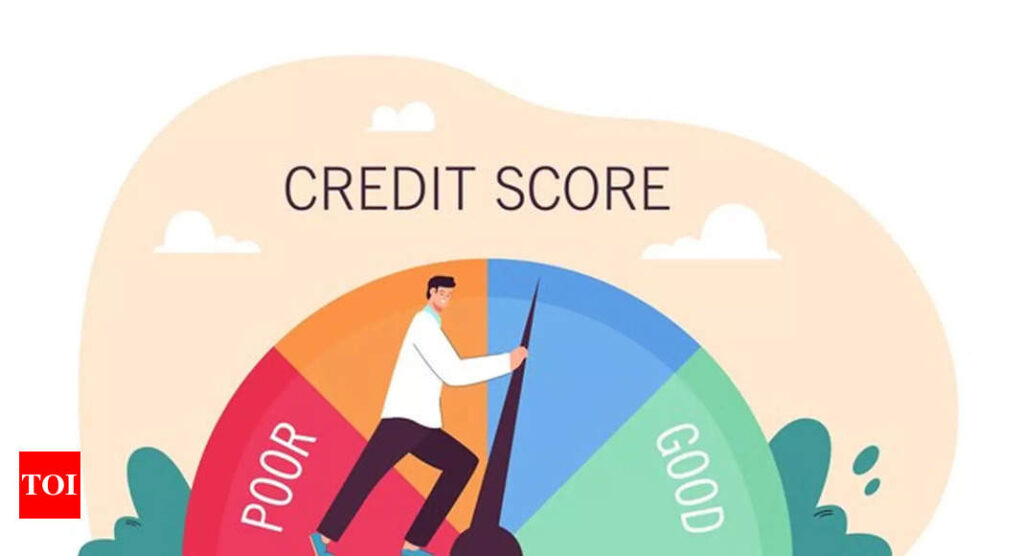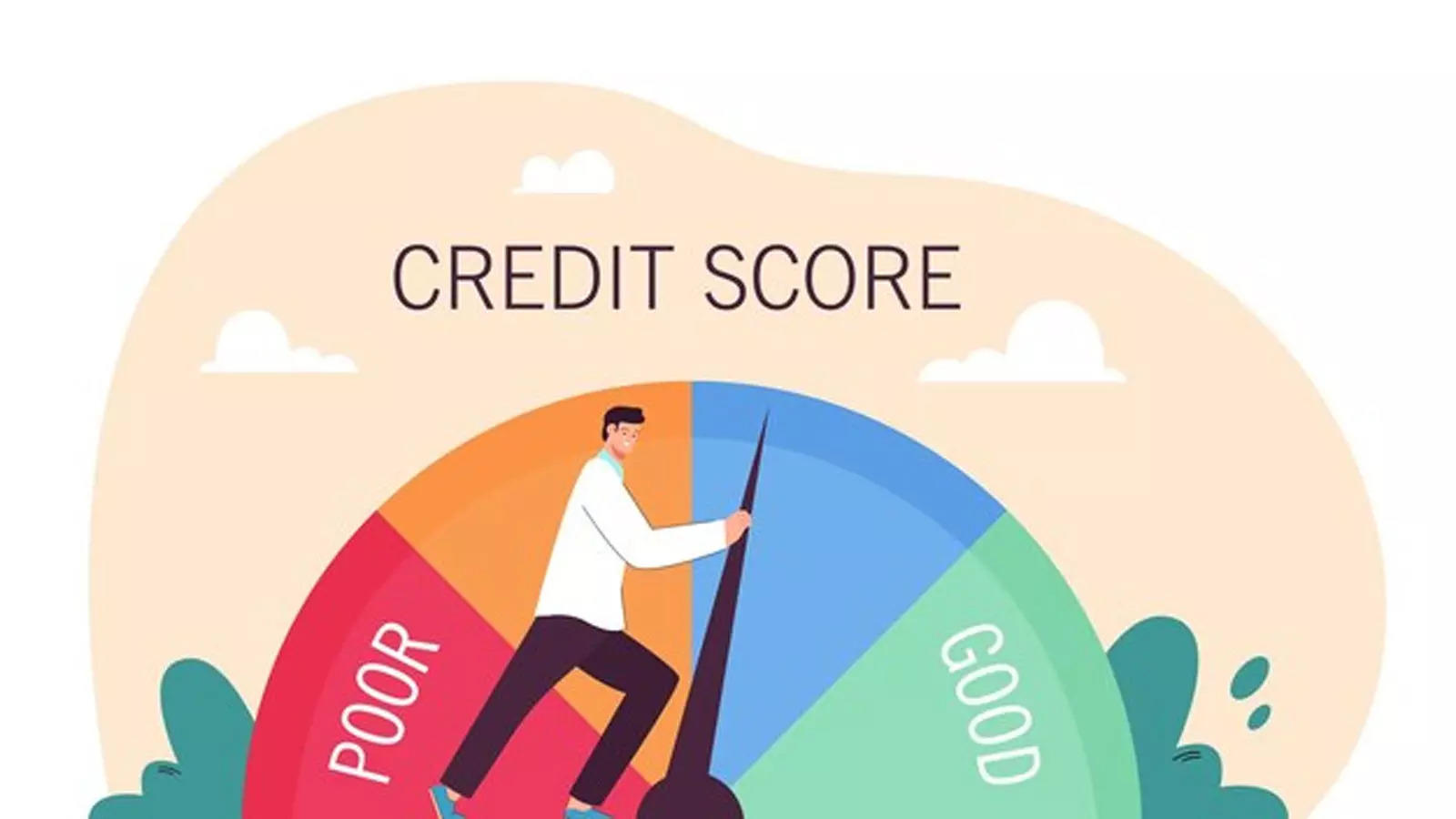[ad_1]
Paying off your debts is a significant achievement, but it might have a temporary impact on your credit score. If you completely pay off a loan or close a credit card after settling the balance, your credit score may drop temporarily.
Your credit score may go up or down due to various factors, and paying off debt can affect it in the short term. Read below to know more about how your credit score is calculated, why debt repayment may drop your credit score, and what steps you can take to improve your credit score.Factors affecting your credit score
How paying off debt can affect your score
Take these steps to minimize the impact on your credit score
How to improve your credit score
Your credit score may go up or down due to various factors, and paying off debt can affect it in the short term. Read below to know more about how your credit score is calculated, why debt repayment may drop your credit score, and what steps you can take to improve your credit score.
Factors affecting your credit score
To understand why your credit scoremay drop after debt repayment, it’s essential to know the factors that constitute your credit score.Here are some of the key factors that contribute to your credit score:
- Payment History: This has the most substantial impact on your score, assessing timely payments and meeting at least the minimum amount due.
- Credit Utilization: Examining the ratio of credit used to the total available credit.
- Length of
Credit History : Considering the average age of your credit accounts. - New Credit: Evaluating how many recent credit accounts you’ve opened.
- Credit Mix: Weighing the different types of credit you possess.
How paying off debt can affect your score
Even though reducing your outstanding debt is financially wise, your credit score may temporarily decrease for several reasons:
- Increased Credit Utilization Ratio: Closing a credit card or paying off a balance may raise your credit utilization ratio, affecting your score negatively.
- Decreased Average Credit Account Age: Closing older accounts can lower the average age of your credit history, impacting your score.
- Reduced Types of Credit Accounts: Closing an account may limit the variety of credit types you have, potentially lowering your score.
- Credit Reporting Lag: Credit bureaus update reports every 30 to 45 days, so recent debt payments might not immediately reflect on your score.
- Other Credit Issues: Factors unrelated to debt repayment, such as late payments or credit inquiries, could influence your score.
Take these steps to minimize the impact on your credit score
- Manage Credit Utilization: Pay off balances while keeping accounts open to maintain a healthy credit utilization ratio.
- Maintain Older Accounts: Keep older accounts open to preserve your average credit account age.
- Diversify Credit Types: Having a mix of credit types positively influences your score, so avoid closing diverse accounts.
- Monitor Your
Credit Report : Regularly check for errors or issues unrelated to debt repayment.
How to improve your credit score
Credit score drops due to debt payoff are typically temporary. It shouldn’t take more than a few months for your score to bounce back. During this period, monitor your credit report and ensure timely payment of all bills to support the recovery process. Read – How to boost your credit score in 30 days – to know more.
[ad_2]
Source link











More Stories
India’S Growth Forecast: S&P ups India’s FY’24 growth forecast to 6.4% on robust domestic momentum
India to remain fastest-growing major economy, but demand uneven: Poll
Jack Ma: Jack Ma gets back into business with ‘Ma’s Kitchen Food’